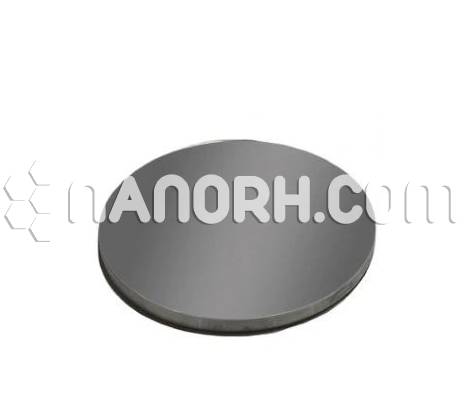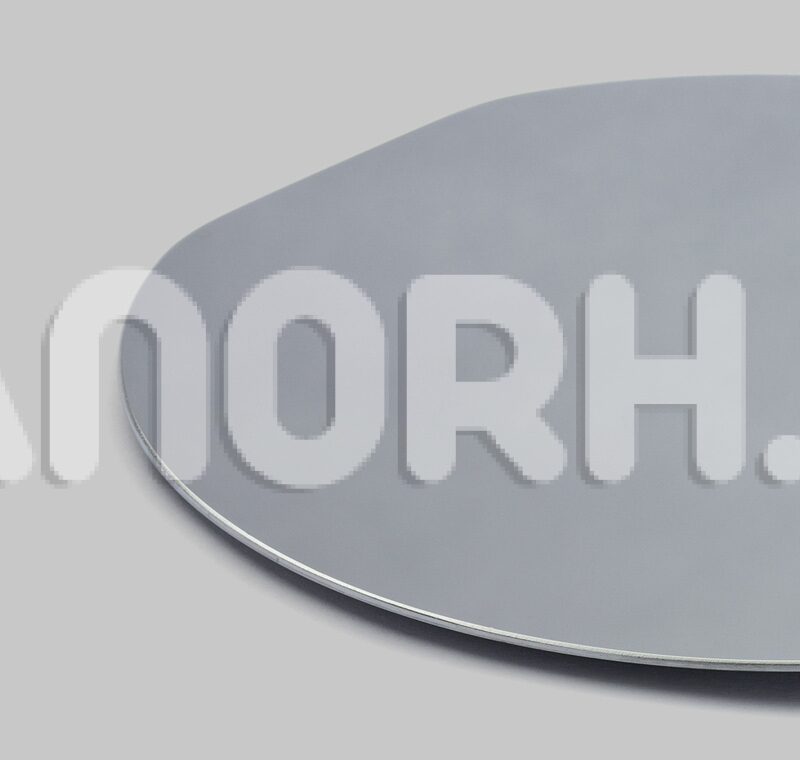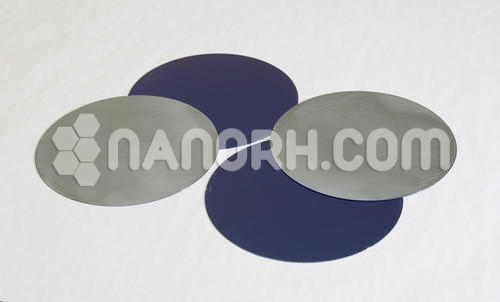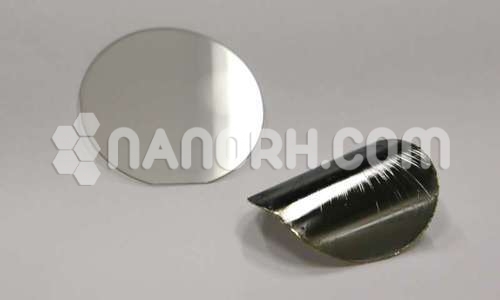| Iron Chromium Sputtering Target | |
| Product No | NRE-43072 |
| CAS No. | 12052-89-0 |
| Formula | FeCr |
| Molecular Weight | 107.84 g/mol |
| Purity | 99.9% |
| Density | 2.85 g/cm3 |
| Thickness | 3 mm ± 0.5mm (can be customized) |
| Diameter | 50 mm ± 1mm (can be customized) |
| Shape | Round |
| Electrical Resistivity | NA |
| Electronegativity | NA |
Iron Chromium Sputtering Target
Iron-chromium (FeCr) sputtering targets are utilized in various applications due to their unique properties, such as enhanced corrosion resistance, good mechanical strength, and magnetic characteristics. Here are some key applications.
Corrosion-Resistant Coatings
Fe-Cr alloys are commonly used to produce coatings that protect materials from corrosion, making them suitable for:
Chemical Processing Equipment: Protecting components exposed to harsh chemicals.
Marine Applications: Enhancing the durability of parts in corrosive marine environments.
Wear-Resistant Coatings
These targets can create hard coatings that improve the wear resistance of tools and machinery, which is beneficial for:
Cutting Tools: Extending tool life in machining operations.
Industrial Components: Protecting parts subjected to abrasion and wear.
Magnetic Materials
Iron-chromium alloys are often employed in producing magnetic films for:
Data Storage Devices: Enhancing magnetic performance in hard drives and tapes.
Sensors: Used in various electronic and magnetic field sensing applications.
Optical Coatings
Fe-Cr sputtering targets can be used to create thin films for optical devices, such as:
Reflective Coatings: Improving the reflectivity of mirrors and optical instruments.
Anti-Reflective Coatings: Enhancing the performance of lenses.
Biomedical Applications
These alloys can also be utilized in the medical field for:
Implants: Providing corrosion-resistant coatings on surgical implants.
Surgical Instruments: Improving the durability and performance of tools.
Research and Development
Fe-Cr sputtering targets are valuable in research settings for exploring advanced materials and their properties, particularly in areas such as nanotechnology and materials science.




